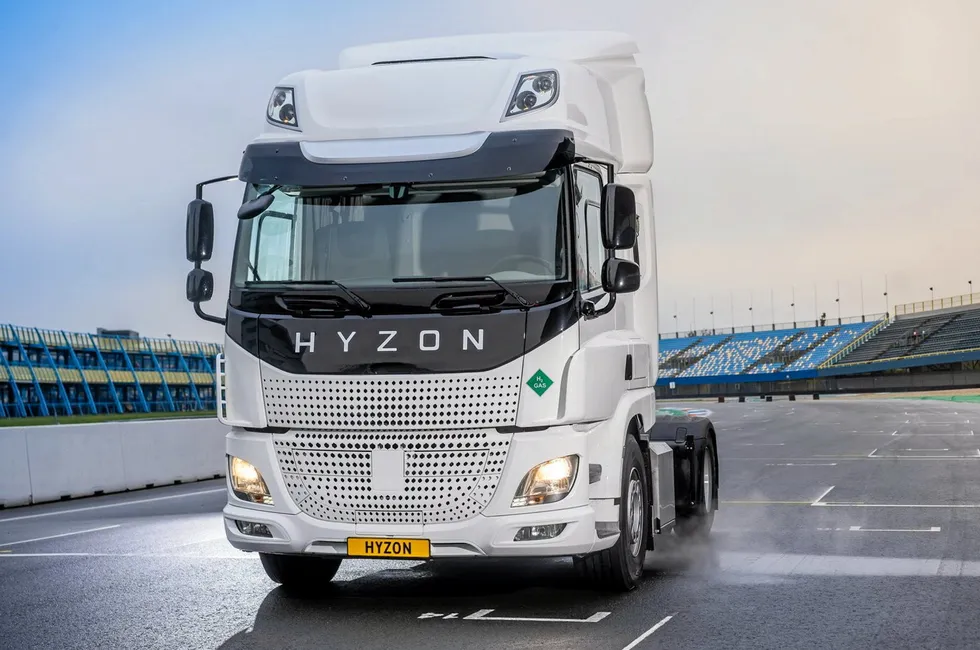Troubled hydrogen truck maker Hyzon Motors heading for delisting after failing to hit final Nasdaq deadline
The US company, facing allegations of fake customers and exaggerated orders, was told to file much-delayed results by Monday. Now, the company says it won't make it in time
